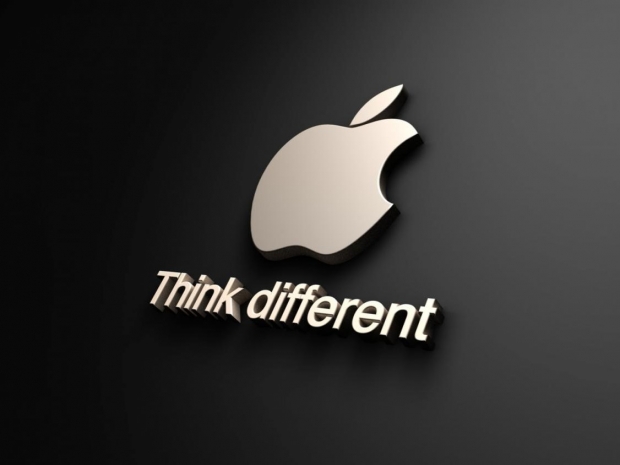The central argument against Google is the “illegal tying” of its search and browser apps to the Android operating system. Basically that Android phone manufacturers had to preinstall its search and browser applications if they wanted to provide access to the Google Play Store, where almost all Android users get their apps.
This means that if users are too lazy to research alternatives to apps that are already on their new phones they will stick to Google. This is the same antitrust issue which walloped Microsoft and its Internet Exploder software.
Apple doesn’t license its operating systems to equipment manufacturers. It produces a full package and cannot be accused of putting illegal pressure on manufacturers. But the EU has found Google is at fault for its de facto monopoly in Android app stores and Apple is in the same boat. An Android user can easily shop in a few alternative stores but Apple fanboys must stay in Apple’s App Store.
Apple is a monopoly and behaves exactly like one. In fact the US Supreme Court has agreed to hear a suit challenging this super-dominant position on behalf of consumers who have no choice but to pay Apple’s 30 percent commission for developers as part of every app’s price.
Apple also makes its preinstalled browser impossible to delete from a phone and it forbids you from choosing a different one as a default. While you can install Chrome and Google Maps on an iPhone, they won’t launch by default when you click on a link in an email or another app.
In short, Apple is using its monopoly within its iPhone market to lock out competitors.
Apple will argue that there is plenty of competition in the market for apps. After all it has a smaller slice of the market than Android. However the market within the Walled Garden is huge and inside it is a big pile of consumers who get a rough deal from Apple’s antics. If Apple’s officially blessed software is discovered to have a flaw, users have no choice but to wait for Jobs’ Mob to fix it. They cannot even switch temporarily.
In the case of Apple software, which has lost its shine over recent years, independent developers can produce better apps. Forcing Apple to open up its walled garden would mean its own developers would have to pull finger to compete. That can only be good for Apple products.
There is a case to be made for regulatory interference in app preinstallation practices. Europe does have a sizable app economy: In 2017, it employed 1.89 million people, compared with 1.73 million in the US. Giving this industry easier access to consumers should be a goal for the EU.




